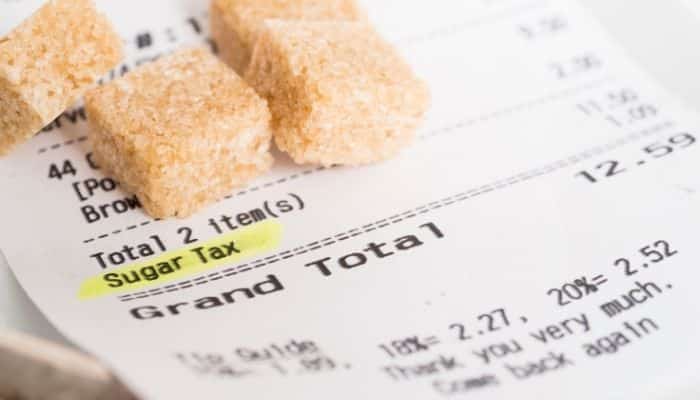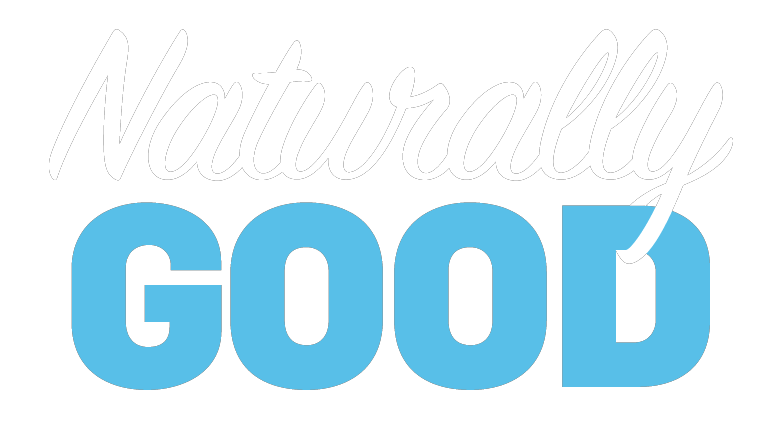Ah, sugar. Along with saturated fat and salt, it’s earned itself a bad reputation over the years. And arguably for good reason. While some types of sugar occur naturally in foods – think fructose in fruit and lactose in dairy products – others are added for flavour. And often in big quantities.
Case in point: soft drinks. While official health advice recommends aiming for no more than 50g but ideally 25g (or six teaspoons) of added sugar across an entire day, a single can of sugar-sweetened soda contains up to 40g, or 10 teaspoons of added sugar all on its own. And while consumption of sugary drinks isn’t the only thing contributing to the nation’s rising overweight and obesity numbers or that one in three Australian adults has untreated tooth decay, beverages are the largest source of added sugars in the Australian diet.
Facts like that have seen at least 10 of Australia’s leading health and community organisations call for a tax on sugary drinks. Yet, despite the idea being supported by a Senate committee report in 2018 and the fact that more than 30 countries have already done it, it still hasn’t happened here in Australia. So, will it? And how would it help if it was introduced?
We asked Public Health Association of Australia (PHAA) CEO, Terry Slevin to weigh in.

Q: Some countries introduced a tax on sugary drinks in the early 2000s. Are we any closer to seeing the same thing happen here?
A: Thanks to COVID, we’ve had arguably the biggest change in the political landscape in Australian history and find ourselves at a time when our national debt has reached an all-time high – almost $1 trillion. The remit of both the current government and any future government for years and years to come will be dealing with that debt, either by reducing spending or increasing revenue. While governments never want to increase taxes or introduce new ones, a tax that will raise at least $400 million a year and has a public-health benefit attached to it may be seen as a viable option now more than ever before.
Q: So how confident are you that it’ll actually happen?
A: It’s hard to say, even now, and ultimately the answer is always speculation. While the PHAA would like to think the climate’s never been better, as always it’ll come down to what level of influence the beverage and sugar industries can exert. Traditionally, there’s also been the worry for politicians about what a sugar tax – even though what’s being proposed is only a tax on sugary drinks, not sugar across the board – would mean for winning or holding onto federal seats in north Queensland, where the majority of Australia’s sugar is grown. But again, if both political parties lean towards supporting a sugar tax due to the economic benefits it could provide right now, that issue becomes less powerful.

Q: How effective would a tax on sugary drinks be in terms of public health in Australia?
A: With a number of countries having already done it, we know that a tax will reduce consumption of these beverages, which in turn will reduce chronic disease as well as the costs associated with managing those diseases. A 2016 modelling study showed that a 20 per cent tax on sugary drinks in Australia would lead to a 12.6 per cent drop in consumption, which would create a 2.7 per cent reduction in obesity in men and a 1.2 per cent reduction in women. Long term that would mean a significant reduction in type 2 diabetes, heart disease and even some types of cancer.
Q: What’s the PHAA doing, in conjunction with other organisations, to get a sugar tax across the line?
A: All we can do is continue to put forward our rationale and the evidence we have to support the benefits and value of introducing a tax on sugary drinks. The question will be what the government is prepared to do – whether they can see more benefit or advantage than disadvantage and what they can justify in the public domain. Watch this space.

